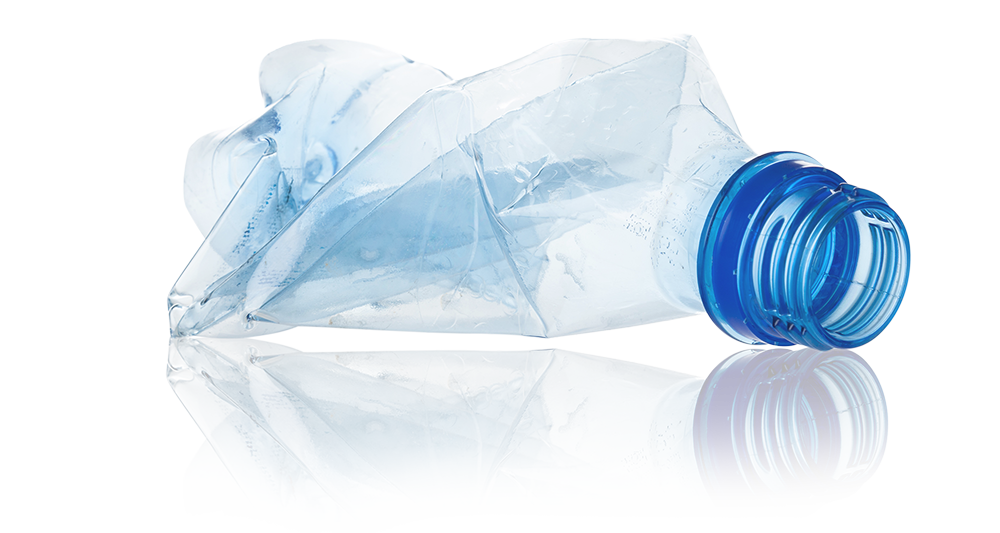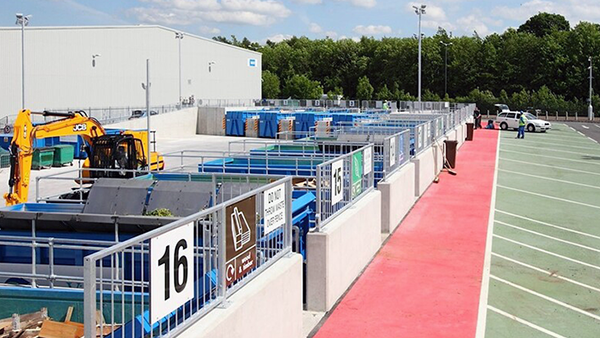
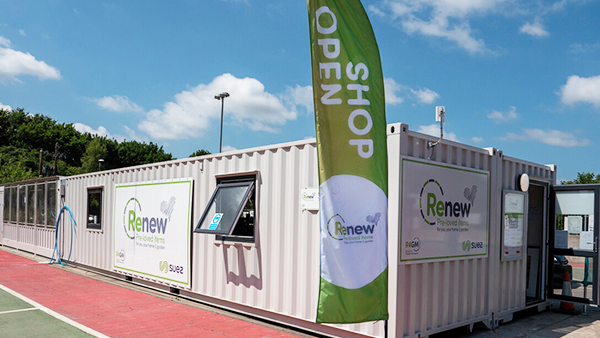
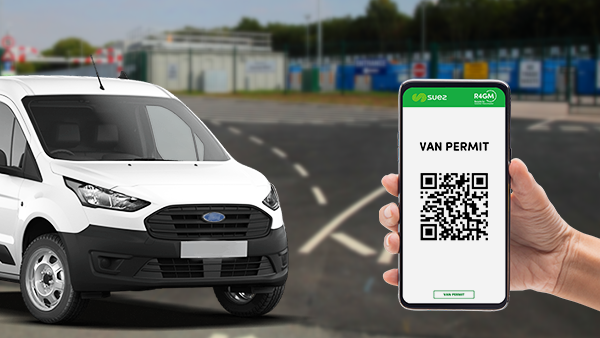
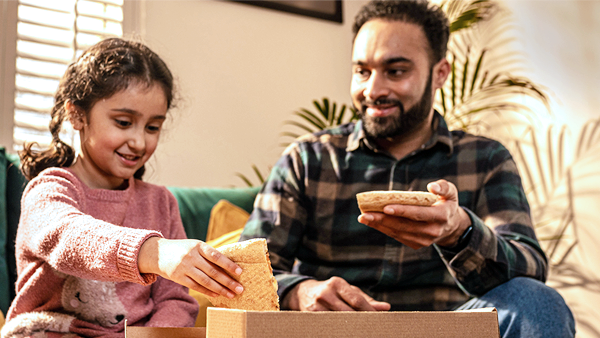
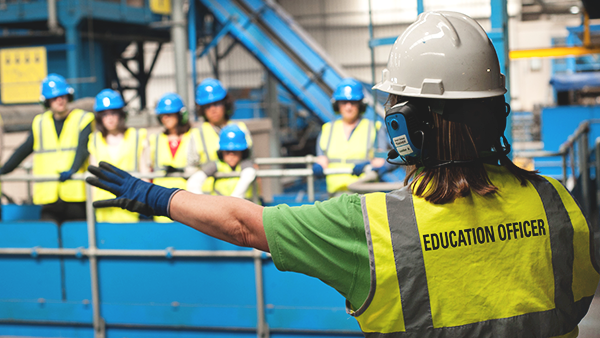
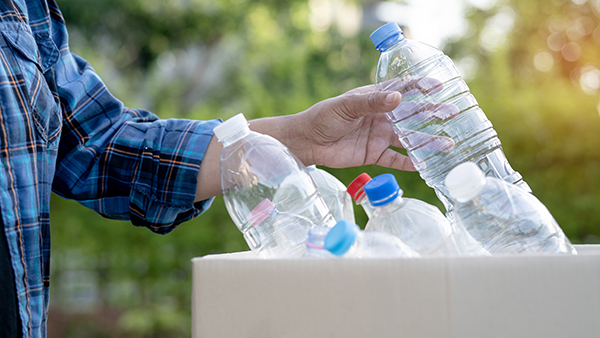
Recycle for Greater Manchester (R4GM) work with local councils in Bolton, Bury, Manchester, Oldham, Rochdale, Salford, Stockport, Tameside and Trafford, to inspire and encourage residents of Greater Manchester to manage their waste responsibly, helping residents to see the value of waste and the real benefits that can be achieved by wasting less, recycling more and recycling right.
Though part of Greater Manchester, Wigan administers its own waste disposal services.

